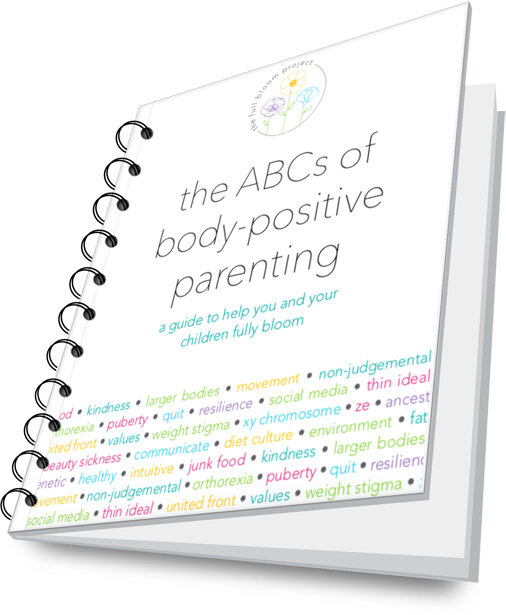#50: What's up with #cleaneating?
with Suman Ambwani, PhD
In this episode we discuss…
suman’s research on the treatment and prevention of eating disorders
the lack of consensus on how “clean eating” is defined
ways the food industry has responded to the popularity of clean eating — and the lack of regulation around the term
how clean eating reinforces the moralization of food as “good” or “bad”
the role of food bloggers, wellness gurus, and social media as sources for health and nutrition information
the risk of developing disordered eating when following “clean” diets or cleanses
when clean eating/wellness becomes part of someone’s identity, especially on social media
the connections between clean eating, privilege, class, and race
research and statistics on the prevalence of clean eating
the role of public health messaging in communicating a balanced perspective on the potential benefits and risks of clean eating
how to talk to your kids about food and privilege
messaging in schools about healthy eating
advertising, social media literacy, and possible ideas for intervention and education
suman’s answer to the million dollar question
We’re joined by researcher Dr. Suman Ambwani to discuss the ubiquitous trend of “clean eating,” cleanses, and other pop culture health fads. She talks us through her research on clean eating and the risks that come with moralizing food, especially for young people. We explore the connections between clean eating and privilege, find out where our kids are getting their health information, and discuss opportunities for public health intervention.
Dr. Suman Ambwani received her PhD in psychology from Texas A&M University and completed her clinical psychology internship at the Medical University of South Carolina. She is an Associate Professor of Psychology at Dickinson College, where she teaches courses on psychopathology, research design and analysis, and eating disorders, and serves as the Principal Investigator for the Clinical Assessment and Research (CARE) lab. She is also a visiting researcher with STRIPED, the Strategic Training Initiative for the Prevention of Eating Disorders, based at Boston Children’s Hospital and the Harvard T.H. Chan School of Public Health. Her research examines factors associated with the development and maintenance of eating disorders, particularly cultural features (such as fat-shaming environments and pseudoscientific diet fads) and difficulties with interpersonal relationships. Dr. Ambwani is also a co-investigator on two clinical trials investigating technology-based guided self-help interventions for anorexia nervosa and strategies for caregivers to best support their loved ones with eating disorders. Her scholarship has been funded by Harvard Catalyst, Psi Chi, and the National Institutes for Health Research.
Connect with Suman on her website and Twitter.
Resources mentioned:
Harvard’s striped (strategic training initiative for the prevention of eating disorders)
the full bloom podcast episode #39 with s. bryn austin
the full bloom podcast episode #18 with melainie rogers on orthorexia
Anti-Diet by christy harrison
An opinion piece summarizing some of the concerns with “clean” eating
A nutritional analysis comparing “clean” recipes with matched control recipes in Nutrients
Perceptions of “clean” eating among college students in Journal of Eating Disorders


